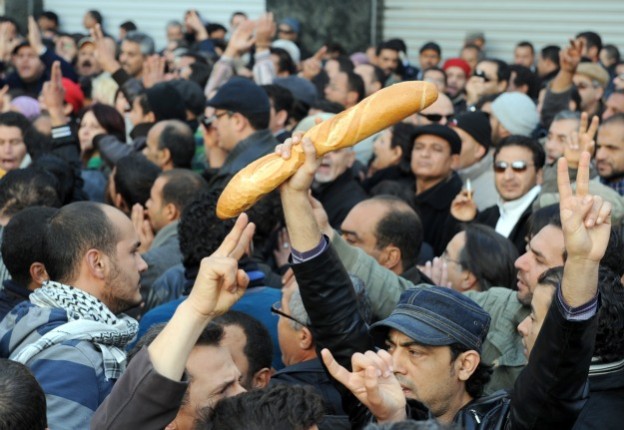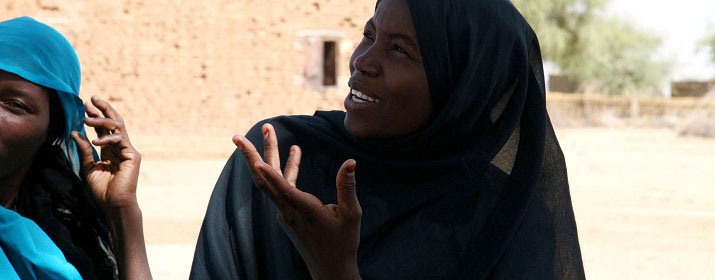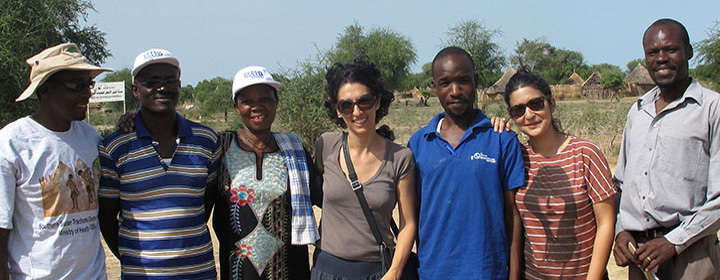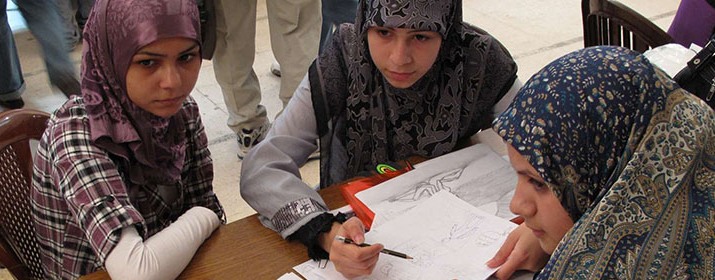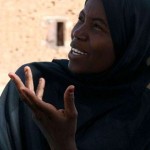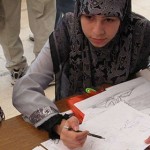The NGOs Network “Link 2007”. February 15, 2016
For the States is more worthwhile to prevent the crises, allocating the needed resources, than to follow up the events and eventually allocate after much more resources in the effort to restrain the ongoing conflicts, with the destructions, the indescribable human pains, the exodus of peoples and the insecurities and destabilizations that it provokes.
The European Union, the Member States and the international development financial institutions should timely act now, when it is still possible, to prevent the periodic acts of rebellion in Tunisia, just a few kilometers far from Italy. They should make efforts to prevent a possible destabilization of this country, reliably supporting its fragile but still exemplary democratic fabric, the only one established by the “Arab Springs”.
The humanitarian and developmental NGOs of the network Link 2007 give voice to the great concern for the future of Tunisia through a document forwarded to the Italian government and the European institutions. These NGOs have raised their concerns in view of their experiences of many years in countries and contests where in a few years armed conflicts have been occurring, often catching the European Union and its countries. It is therefore an appeal to intervene, rather than, as too often done till now, try after to adjust the situation.
Tunisia is poised between strengthening its democratic process and destabilization, which entails predictable and devastating consequences as concerns migrations and terrorism. To invest in Tunisia and its neighbouring countries is to invest in a future of stability and peace for ourselves. As a matter of fact, Tunisia’s downfall would endanger security and stability in Europe, starting from the Mediterranean countries, and it would not be free of charge.
The pathway proposed by the ‘Link 2007’ NGOs Network is to quickly establish a special International Fund made up of contributions from the European Commission, its Member States, all countries concerned, European and international financial and development institutions, including Arab and Islamic ones, while taking into consideration Tunisia jointly with two of her neighbouring countries, Libya and Algeria, in order to promote such a ‘Marshall Plan’.
For the next five years, Tunisia alone will require at least EUR 20 billion per year, aimed at priority investments, in order to narrow down the gap of inequalities especially weighing on inland and decaying outlying areas, to dramatically reduce unemployment, and to attract new capitals and outside investors. If no substantial intervention will be implemented, Tunisia may experience a new revolution, which may be disruptive and hazardous for the whole Euro-Mediterranean area.
Rome, February 15th 2016
The Link 2007 document
Tunisia | A strong international commitment to prevent a potentially disastrous “bread revolution”
